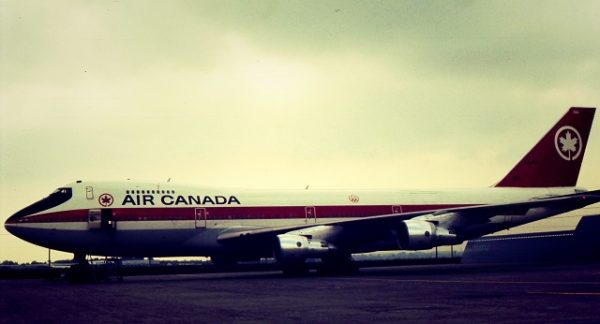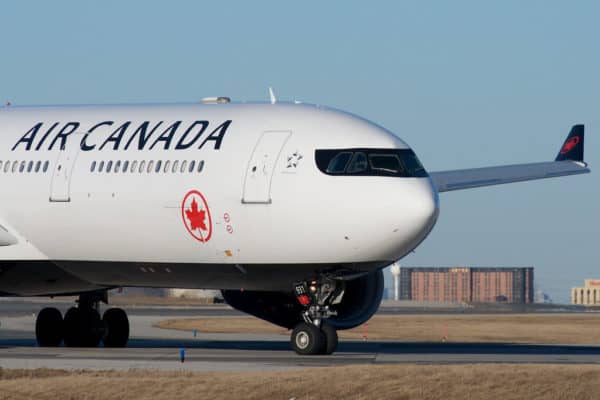Air Canada is not a safe stock to own, this investor says

 Air Canada (Air Canada Stock Quote, Chart TSX:AC) has been flying high over the first stretch of 2019, but the stock has levelled off in recent weeks, leaving investors wondering whether now is a good time to climb aboard.
Air Canada (Air Canada Stock Quote, Chart TSX:AC) has been flying high over the first stretch of 2019, but the stock has levelled off in recent weeks, leaving investors wondering whether now is a good time to climb aboard.
No fan of airlines, Scotia Wealth’s Mike Newton says that while AC may make for a good long-term hold, in general, the airline industry is a worrisome place to be parking your money.
“I’m reluctant to buy into the airlines space,” Newton, Director of Wealth Management at Scotia Wealth, said to BNN Bloomberg on Wednesday. “I much prefer to own the companies around it, whether it’s a TransDigm or a Chorus Aviation, other names that have less volatility.”
“I do believe in the long-term story of the airline world, with the [growing] middle class, more travel, more demand for international travel from China, India and the Middle East. As far as Air Canada goes, I really enjoy the company and love flying their planes but I’m not a holder of the stock,” he says.
Air Canada’s share price has ballooned in recent years, growing by more than 300 per cent over the past half-decade. So far in 2019, the stock has risen 21 per cent.
Yet after hitting a new high of $35.50 in late February, AC has faltered, dropping back to the mid-$31.00 range. Why the drop-off? Newton says that the airline is likely feeling some ripple effects from Boeing’s ongoing issues with its 737 Max 8 plane but that the recent upturn in oil prices may also be impacting the stock.
“There are probably a couple of factors at play with Air Canada coming down, the very obvious one being the Boeing Max situation but I don’t think that it will disrupt their schedule that much. You have to also remember that when oil prices go up, there’s an inverse relationship with the airline stocks,” Newton says.
Oil prices have been on the rise lately, with Brent crude hitting above $75 per barrel, a six-month high. Concerns over civil war in Libya along with a tougher US stance towards countries importing Iranian oil are considered to be causal factors.
Ahead of Air Canada’s first quarter earnings report due next month, the company’s last quarter saw a spike in revenue to $4.25 billion versus $3.82 billion a year earlier. But fuel costs ate into Air Canada’s bottom line, causing a loss of $231 million.



